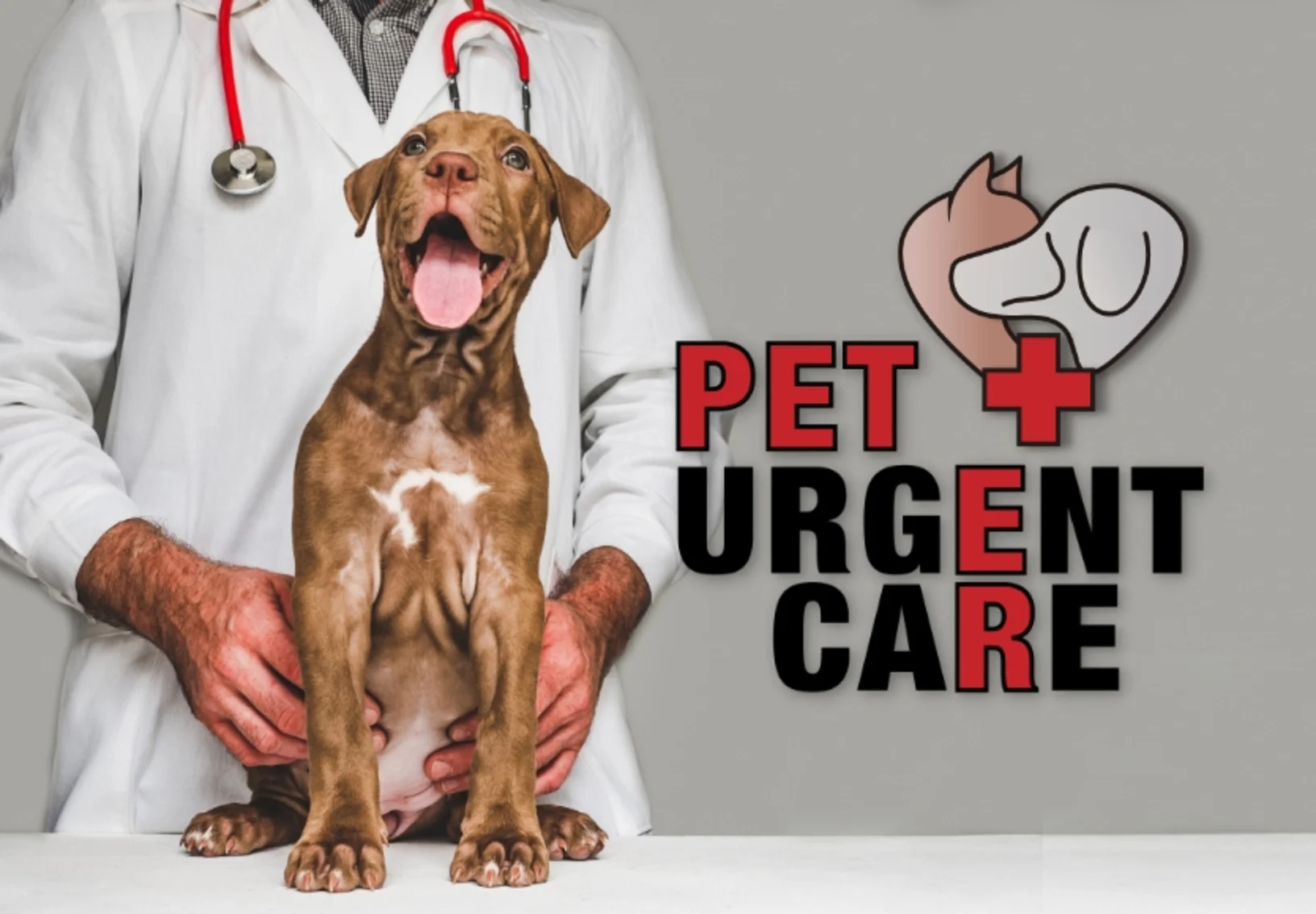introduction
As pet owners, our furry companions hold a special place in our hearts. Their health and well-being are paramount to us, and knowing how to identify and respond to urgent pet care needs can make a significant difference in their lives. In this guide, we’ll delve into what constitutes a veterinary emergency, common types of pet emergencies, and essential steps to take when faced with such situations.
Understanding Veterinary Emergencies
A veterinary emergency refers to any sudden and critical health issue that poses a serious threat to a pet’s life or well-being. These emergencies can encompass a wide range of conditions, from traumatic injuries to severe medical ailments. Recognizing the signs of a pet emergency is crucial for prompt intervention and optimal outcomes.
Common Types of Pet Emergencies
- Trauma and Injuries: Accidents, falls, or any physical harm resulting in visible wounds or broken bones fall under this category.
- Gastrointestinal Issues: Severe vomiting, diarrhea, or bloating could indicate a life-threatening problem requiring immediate attention.
- Respiratory Distress: Rapid breathing, choking, or labored breathing may signal respiratory distress, necessitating urgent veterinary care.
- Toxicity and Poisoning: Ingestion of toxic substances like chemicals or certain foods can lead to poisoning, requiring immediate intervention.
- Heatstroke: Overheating in pets, especially during hot weather, can lead to heatstroke, which requires prompt cooling measures and veterinary attention.
- Seizures and Neurological Problems: Uncontrolled seizures or sudden neurological issues may indicate a critical condition requiring urgent medical evaluation.
Handling Pet Emergencies
In the event of a pet emergency, it’s essential to stay calm and assess the situation carefully. Here’s what pet owners can do:
- Stay Calm and Assess: Remain composed and evaluate your pet’s condition. If conscious but distressed, keep them calm to prevent further agitation.
- Contact Your Veterinarian: Reach out to an urgent pet care facility immediately for guidance or to arrange for immediate attention.
- Utilize Pet Poison Helplines: In cases of poisoning, seek advice from a pet poison helpline for immediate assistance before seeking professional help.
First Aid Basics for Pet Emergencies
- Wound Care: Clean wounds gently with mild antiseptic and cover with sterile bandages to prevent infection.
- CPR for Pets: Learn pet CPR techniques, which can be lifesaving in situations where a pet’s breathing or heartbeat has stopped.
- Handling Broken Bones: Keep the pet still and immobilize the injured area to prevent further harm.
- Addressing Choking: Perform the Heimlich maneuver carefully to dislodge any obstructing object from the pet’s throat.
- Stabilizing for Transport: When transporting the pet to the vet, stabilize them as best as possible to minimize further injury.
Signs Requiring Urgent Pet Care
Certain signs should prompt immediate action:
- Abnormal Breathing Patterns
- Uncontrolled Bleeding
- Severe Vomiting or Diarrhea
- Loss of Consciousness
- Inability to Stand or Walk
- Persistent Seizures
- Signs of Poisoning
Timely intervention significantly enhances the chances of a pet’s recovery, underscoring the importance of swift action in emergencies.
Seeking Immediate Attention
Being a responsible pet owner involves preparedness for any situation, including emergencies. Understanding the signs of a pet emergency and knowing how to respond can be lifesaving for furry companions. Urgent pet care facilities, staffed with experienced veterinarians and equipped to handle critical cases, play a crucial role in providing timely medical intervention.
Also Read : Budget Pet Care: Smart Strategies for Affordable Pet Ownership
Conclusion
As pet owners, our pets’ health and safety are our utmost priority. By familiarizing ourselves with the signs of a pet emergency and knowing how to respond effectively, we can ensure our furry friends receive the urgent care they need when faced with critical situations. Remember, prompt action can make all the difference in saving a pet’s life and ensuring their well-being.
For immediate pet care assistance, contact Urgent Pet Animal Hospital in El Cerrito, CA, or your nearest emergency veterinary facility.




